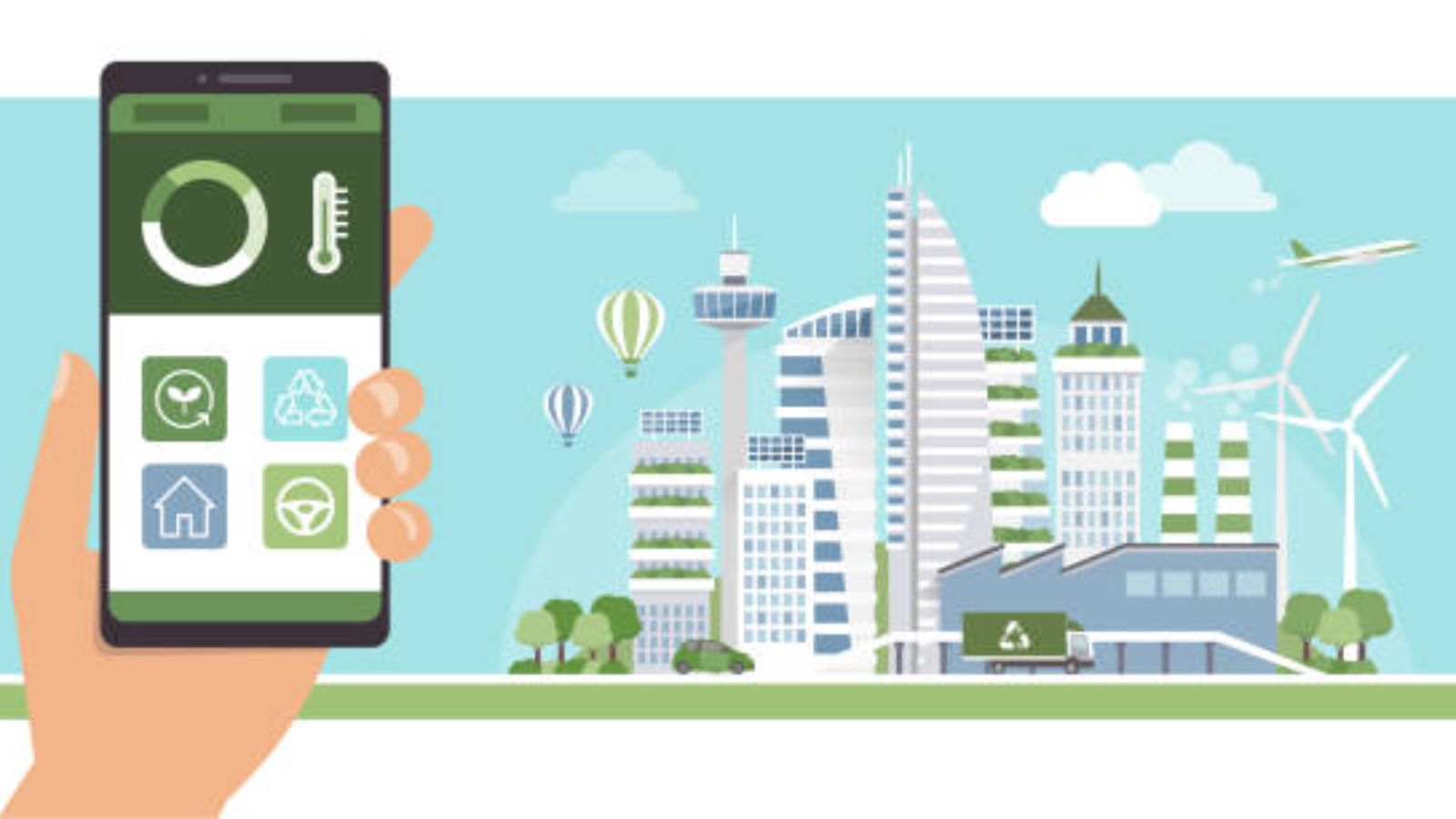In this Article
Introduction
In the 21st century, urban areas are rapidly evolving into complex ecosystems that require innovative management solutions. The concept of “Smart City Control” has emerged as a pivotal approach to managing urban spaces efficiently. By leveraging technology and data, cities can enhance the quality of life for residents, optimize resource use, and ensure sustainable development.
This article delves into the intricacies of smart city control, providing an informative and clear discussion of how it can transform urban management.
The Core Components of Smart City Control
The world is urbanizing at an unprecedented rate. By 2050, it is projected that nearly 70% of the global population will reside in urban areas. This rapid urbanization poses significant challenges, including traffic congestion, pollution, resource management, and infrastructure strain. Smart City Control offers a promising solution to these challenges by integrating technology and data analytics into urban management. This approach not only improves efficiency but also enhances the overall quality of life for city dwellers.
Smart City Control revolves around several key components that work in tandem to create a seamless urban management system. These components include:
1. Data Collection and Analytics
Data is the backbone of any smart city initiative. By collecting and analyzing data from various sources, cities can gain valuable insights into their operations and make informed decisions.
- Sensors and IoT Devices: These devices are deployed throughout the city to collect real-time data on traffic, air quality, energy consumption, and more.
- Data Platforms: Centralized platforms aggregate and process data from different sources, providing a comprehensive view of the city’s operations.
- Predictive Analytics: Advanced algorithms analyze historical and real-time data to predict trends and identify potential issues before they escalate.
2. Intelligent Infrastructure
Smart infrastructure is designed to be adaptive and responsive to the needs of the city and its residents.
- Smart Grids: These energy systems optimize electricity distribution, reduce waste, and integrate renewable energy sources.
- Smart Transportation: Intelligent traffic management systems reduce congestion, enhance public transportation, and improve road safety.
- Smart Buildings: Energy-efficient buildings equipped with sensors and automation systems reduce energy consumption and enhance occupant comfort.
3. Citizen Engagement and Services
A smart city is not just about technology; it’s also about improving the lives of its residents.
- E-Government Services: Online platforms enable citizens to access government services, pay bills, and report issues conveniently.
- Mobile Apps: These apps provide real-time information on public transportation, weather, events, and city services.
- Community Platforms: Digital platforms facilitate communication between residents and local authorities, fostering a sense of community and collaboration.
4. Sustainable Development
Sustainability is a core principle of smart city control, ensuring that urban development meets the needs of the present without compromising the future.
- Green Spaces: Integrating parks and green areas into urban planning enhances the environment and improves residents’ well-being.
- Waste Management: Smart waste management systems optimize collection routes and promote recycling, reducing landfill usage.
- Water Management: Advanced systems monitor water usage and quality, ensuring efficient distribution and conservation.
Benefits of Smart City Control
Implementing smart city control offers numerous benefits, including:
- Enhanced Quality of Life: Improved services, reduced congestion, and better resource management contribute to a higher quality of life for residents.
- Economic Growth: Efficient infrastructure and services attract businesses and investors, boosting the local economy.
- Environmental Sustainability: Smart city initiatives reduce pollution, conserve resources, and promote sustainable practices.
- Resilience and Adaptability: Smart cities are better equipped to handle emergencies and adapt to changing conditions, ensuring long-term resilience.
Challenges in Implementing Smart City Control
While the benefits are clear, implementing smart city control is not without its challenges. These include:
- High Initial Costs: The deployment of smart infrastructure and technology requires significant investment.
- Data Privacy and Security: Ensuring the privacy and security of collected data is paramount to maintaining public trust.
- Interoperability: Integrating various systems and technologies can be complex and require standardized protocols.
- Public Acceptance: Gaining the support and participation of residents is crucial for the success of smart city initiatives.
Conclusion
Smart City Control represents a transformative approach to urban management, leveraging technology and data to create efficient, sustainable, and livable cities. By focusing on data collection and analytics, intelligent infrastructure, citizen engagement, and sustainable development, cities can address the challenges of rapid urbanization and improve the quality of life for their residents. As we move forward, it is essential to overcome the challenges and harness the full potential of smart city control to build the cities of the future.
How Can We Help?
The AlphaX ecosystem is designed to address the challenges of implementing smart city control. Our comprehensive solutions include advanced data analytics, intelligent infrastructure, and citizen engagement platforms. By partnering with us, cities can leverage cutting-edge technology to optimize urban management and enhance the quality of life for residents.
To learn more about how we can help, visit our contact page.
References
Related Blog Posts
How Smart Cities Connect: Getting Started with Edge AI and IoT Technology
How to Get Started with Edge AI and IoT Technologies in Smart Cities: Overcoming Integration Challenges In recent years, the concept of smart cities has evolved from a futuristic Read More
5 Step Strategy: Ensuring Security and Privacy in 15-Minute Smart Cities
Introduction Ensuring security and privacy in 15-minute smart cities is a critical challenge as urban areas become increasingly connected through IoT and edge AI technologies. These cities aim to Read More
What is a smart city and the challenge of legacy systems
How to Get Started with Integrating Legacy Systems in Smart Cities Smart cities are transforming urban landscapes by leveraging technology to improve the quality of life for residents. However, Read More




